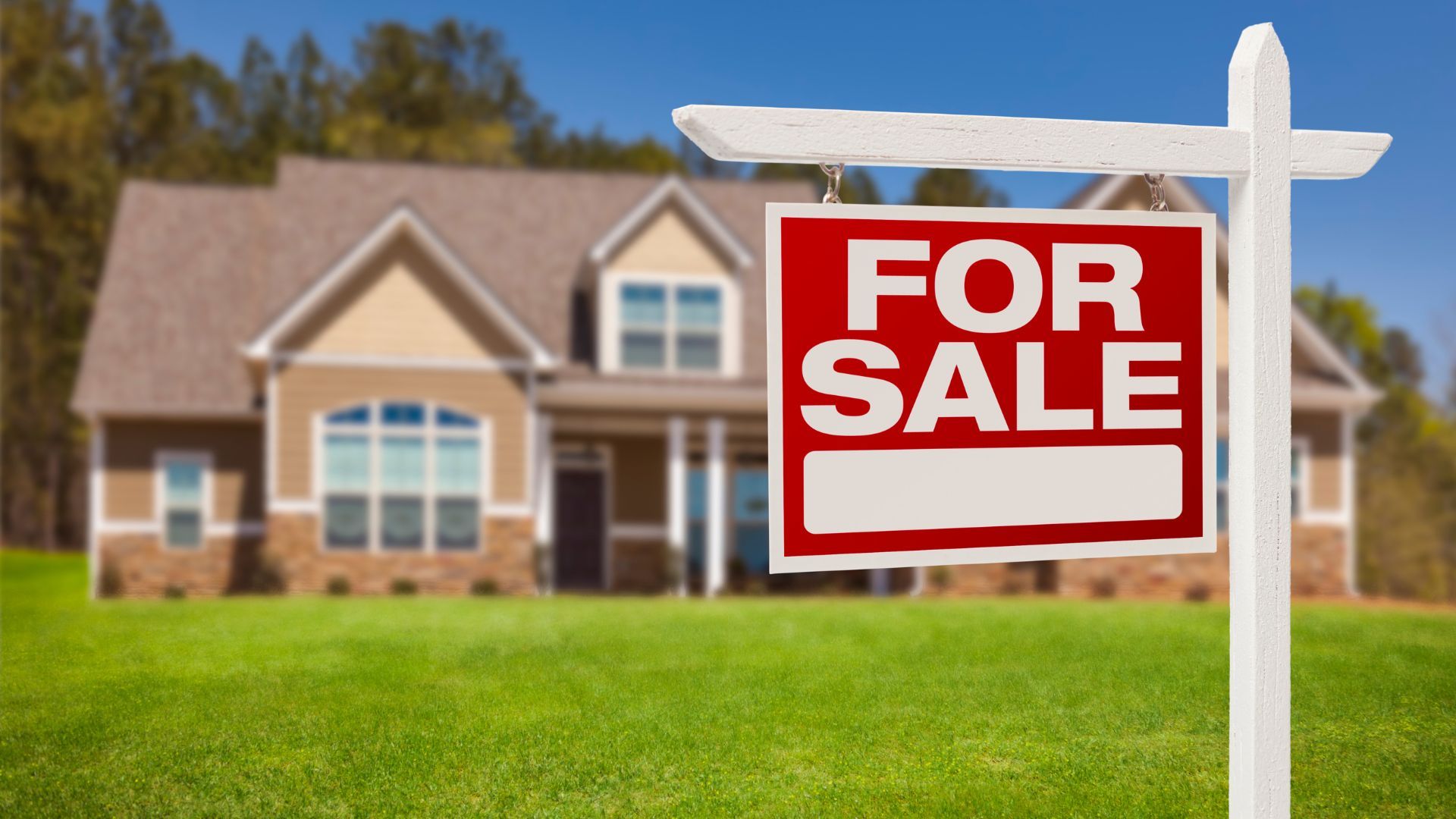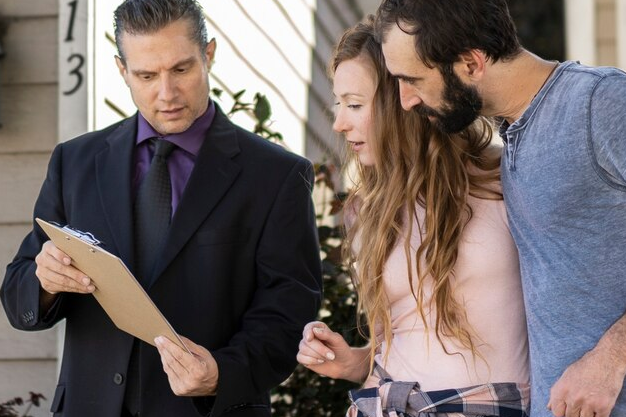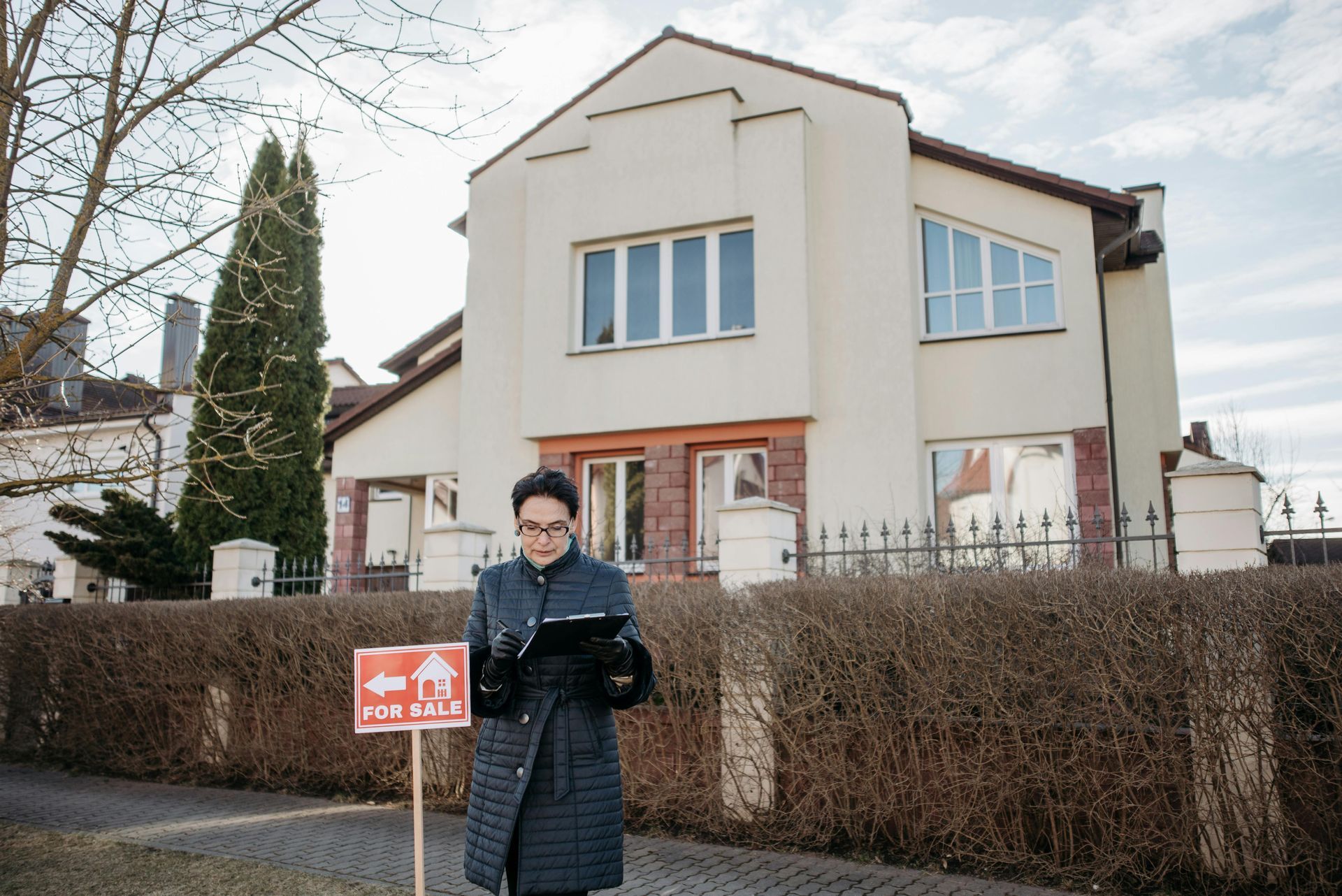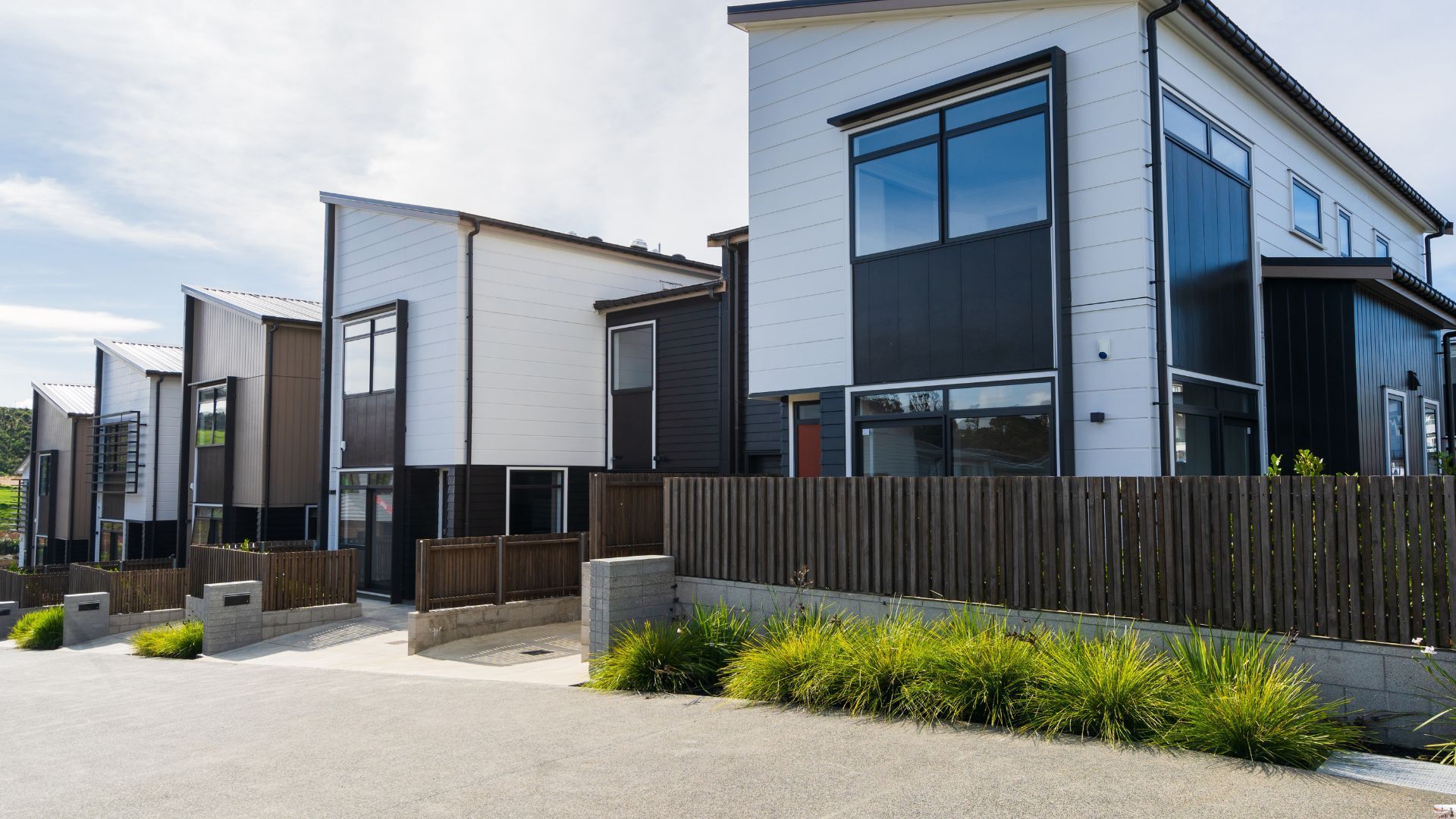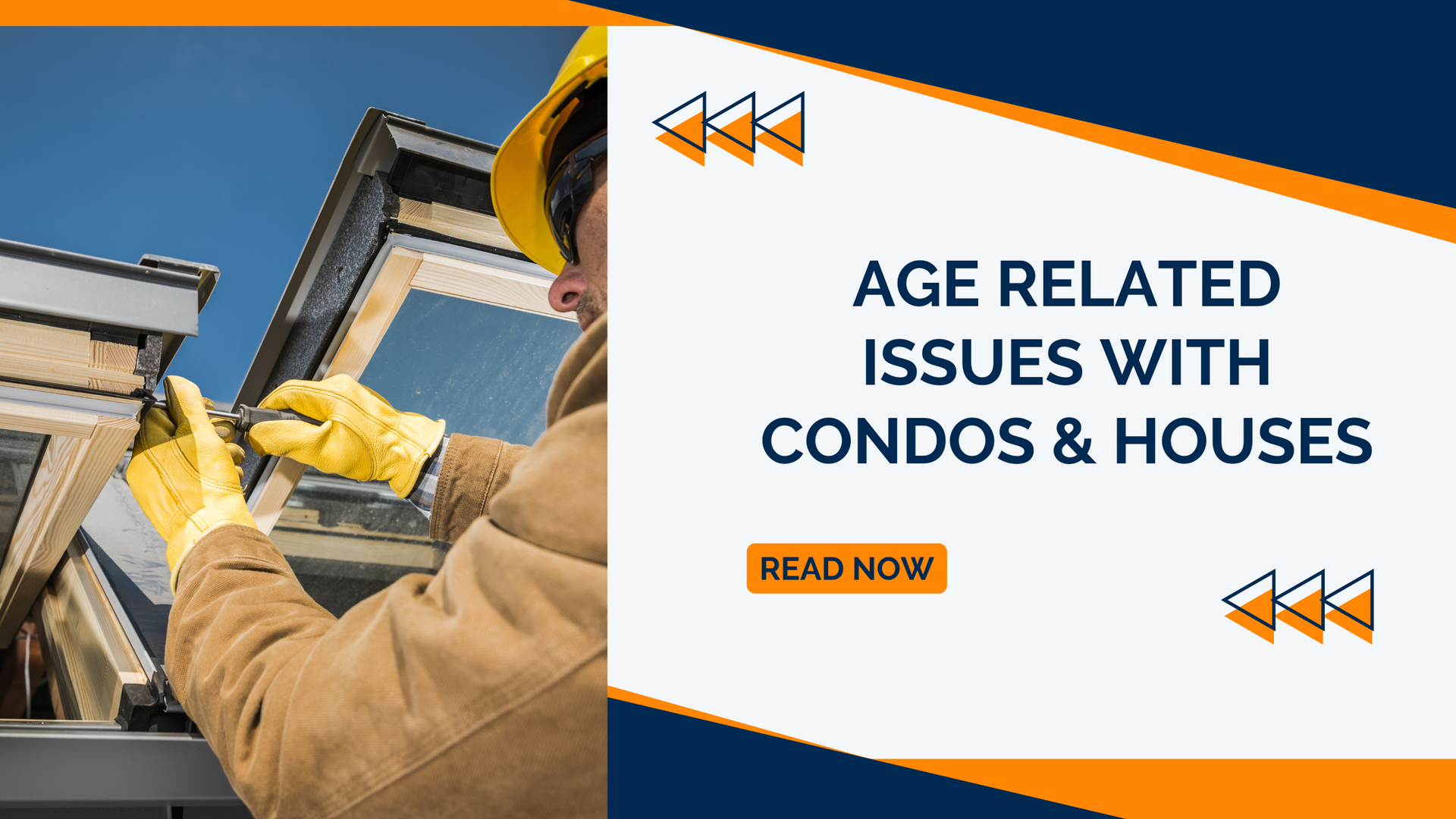Heat Pumps: Everything You Need To Know
As homeowners focus more on energy efficiency and sustainable solutions, heat pumps are gaining popularity as an effective, eco-friendly way to heat and cool homes. Unlike traditional systems that generate heat, heat pumps transfer heat, making them one of the most efficient options for year-round climate control. For those living in Vancouver, where temperatures remain relatively mild, heat pumps are an ideal solution that aligns with the city’s sustainability goals. If you’re considering installing a heat pump or want to understand how they work, this guide covers everything you need to know.
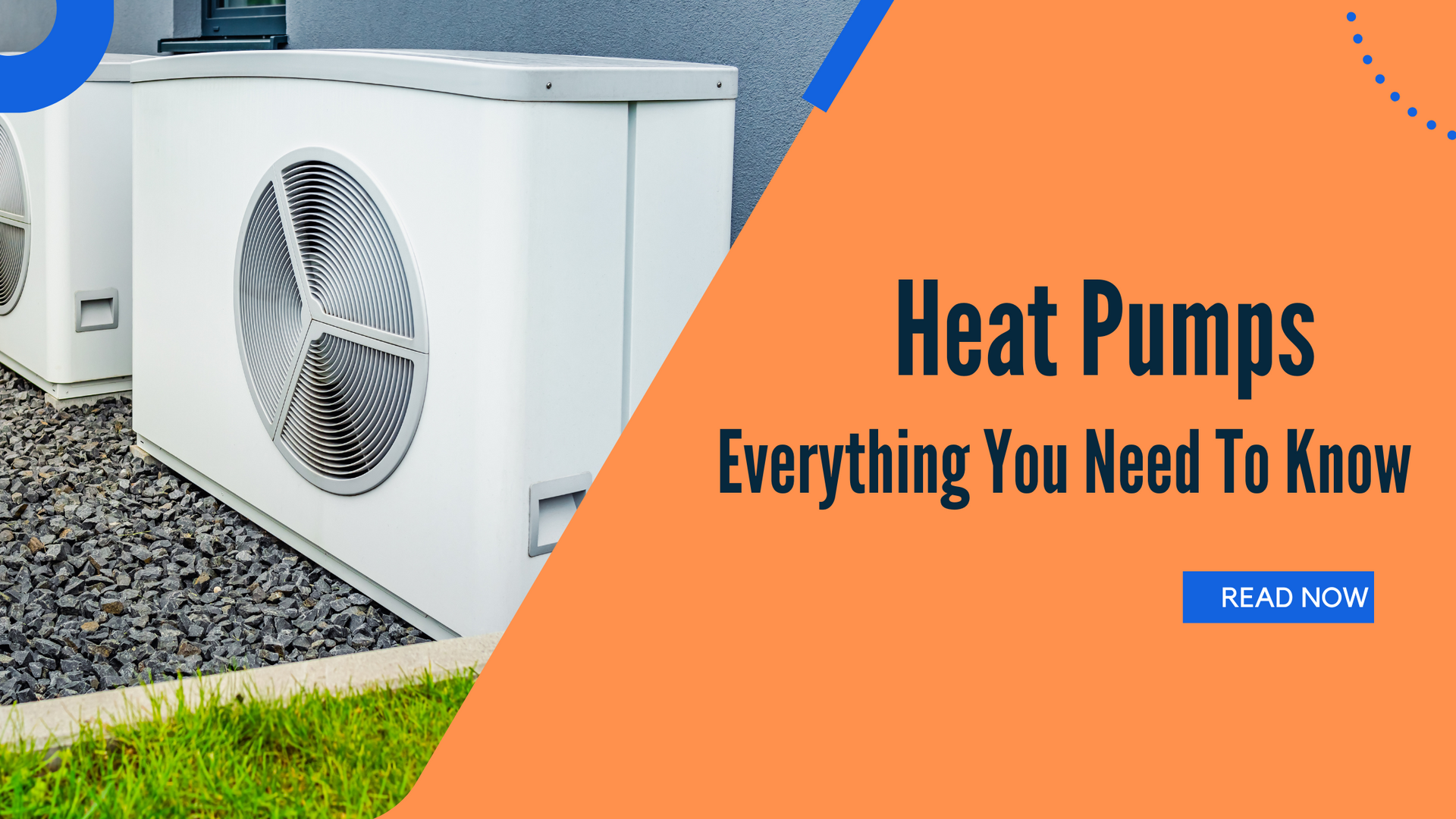
Index
1. Heat Pumps: Everything You Need to Know
2. What is a Heat Pump and How Does It Work?
3. Benefits of Installing a Heat Pump
4. Types of Heat Pumps
5. Installation Considerations for Heat Pumps
6. Heat Pump Maintenance and Care
7. Are Heat Pumps Worth the Investment?
8. Conclusion
In this blog, we’ll discuss the basics of heat pumps, their benefits, different types, installation considerations, and maintenance tips. For homeowners looking to improve property appeal—whether for their comfort or future sale in the Vancouver real estate market—understanding heat pumps and their advantages is essential.
1. What is a Heat Pump and How Does It Work?
A heat pump is a device that moves heat from one location to another, providing both heating and cooling for your home. In winter, a heat pump extracts warmth from outside air (even in cold weather) and transfers it indoors to heat your home. During summer, it works in reverse by removing heat from your home and releasing it outside, cooling your interior.
The Basic Components of a Heat Pump
A heat pump system consists of three main components:
• Outdoor Unit: The outdoor unit contains a compressor and a coil that extracts or releases heat, depending on the season.
• Indoor Unit: The indoor unit, often called an air handler, distributes conditioned air throughout the home.
• Refrigerant: A refrigerant circulates between the outdoor and indoor units, transferring heat in either direction.
This process of heat transfer is highly efficient compared to traditional fuel-burning methods. For anyone exploring sustainable homes for sale in Vancouver, homes equipped with heat pumps can be attractive for their eco-friendly operation and potential cost savings.
2. Benefits of Installing a Heat Pump
Heat pumps are appealing for both economic and environmental reasons. Here are some key benefits:
Energy Efficiency
Heat pumps are renowned for their energy efficiency, as they use electricity to move heat rather than generate it. They can deliver up to three times more energy than they consume, making them one of the most efficient systems available. This efficiency results in lower energy bills and reduced greenhouse gas emissions, making heat pumps an eco-friendly choice that benefits both homeowners and the planet.
Year-Round Comfort
Unlike traditional systems that require separate units for heating and cooling, a heat pump provides both functions in one. This is especially convenient for Vancouver homeowners who want a simple, all-in-one solution for climate control, keeping homes comfortable year-round.
Reduced Carbon Footprint
Because heat pumps rely on electricity and don’t burn fossil fuels, they produce far fewer carbon emissions. In Vancouver real estate, homes equipped with heat pumps appeal to buyers focused on sustainability and low environmental impact.
Improved Indoor Air Quality
Heat pumps often include filters that improve indoor air quality by removing dust, pollen, and other allergens. Unlike fuel-burning systems, heat pumps don’t produce combustion byproducts, such as carbon monoxide, which can pose health risks if not vented properly. This makes them a safer option, especially for families with health sensitivities.
3. Types of Heat Pumps
There are several types of heat pumps, each with unique benefits and ideal applications. Understanding the different types can help you choose the best option for your home:
Air-Source Heat Pumps
Air-source heat pumps are the most common type, designed to transfer heat between indoor and outdoor air. They work well in mild to moderate climates but have also been adapted to work efficiently in colder areas, such as Vancouver, which benefits from relatively mild winters.
Split-System Air-Source Heat Pumps
These systems have separate indoor and outdoor units and are popular for whole-house heating and cooling. They are compatible with existing duct systems, making them a straightforward upgrade for homeowners looking to improve energy efficiency.
Ductless Mini-Split Systems
Ductless mini-split systems are a type of air-source heat pump that doesn’t require ductwork, ideal for homes without central ducts or for room-by-room heating and cooling. These systems allow individual temperature control for each area, offering greater flexibility in multi-level or open-concept homes. For buyers looking for homes for sale in Vancouver that don’t rely on traditional ducted systems, ductless heat pumps offer an efficient alternative.
Ground-Source (Geothermal) Heat Pumps
Ground-source, or geothermal, heat pumps transfer heat between your home and the ground, using the earth’s stable temperature. These systems are among the most efficient and can work well in extreme climates, though they require underground installation, making them more costly and complex to install. They can be a long-term investment that increases property value, especially in eco-conscious markets like Vancouver.
Water-Source Heat Pumps
Water-source heat pumps use a body of water, such as a pond or well, as a heat source or sink. Though less common, they can be effective in specific situations with reliable water access. While they’re rarer in Vancouver real estate, they offer an alternative heating and cooling solution for properties near water sources.
4. Installation Considerations for Heat Pumps
Installing a heat pump is an investment, so it’s important to consider several factors before proceeding. Here’s what to keep in mind:
Climate Suitability
While heat pumps can work in various climates, certain types may be more effective depending on where you live. Air-source heat pumps are generally suitable for moderate climates, but in areas with extreme temperatures, a ground-source heat pump may be preferable. In Vancouver’s climate, air-source heat pumps are often sufficient, providing energy savings without the high cost of geothermal systems.
Sizing the System
Choosing the right size heat pump is critical to ensure efficiency. An undersized system may struggle to maintain a comfortable temperature, while an oversized unit can waste energy. A professional installer can help you determine the ideal size based on your home’s square footage, insulation, and climate.
Ductwork or Ductless Options
If your home has an existing duct system, a split-system air-source heat pump may be a straightforward installation. However, if you don’t have ductwork, a ductless mini-split system can provide efficient heating and cooling without extensive renovations, ideal for older homes or condos in Vancouver real estate.
Initial Costs and Incentives
Heat pumps can have higher upfront costs compared to traditional HVAC systems, but rebates, tax credits, or incentives are often available to offset expenses. Many governments and utilities offer incentives for energy-efficient upgrades, so check with local programs to see if you qualify.
5. Heat Pump Maintenance and Care
Regular maintenance keeps your heat pump running efficiently and extends its lifespan. Here are some essential tips for heat pump care:
Change Filters Regularly
Changing or cleaning air filters is essential for good air quality and system efficiency. Dirty filters obstruct airflow, forcing the system to work harder, which reduces efficiency and increases energy costs.
Clean the Outdoor Unit
The outdoor unit can accumulate dirt, leaves, and debris, which may affect performance. Clearing obstructions around the unit and occasionally cleaning the coils help ensure smooth operation.
Schedule Annual Inspections
Professional inspections can help identify and resolve issues before they escalate. An HVAC technician will inspect the system, clean key components, and make adjustments to optimize performance.
Monitor Performance
Pay attention to unusual noises or performance drops, as they can indicate underlying issues. If you notice changes, contact a professional to diagnose and address the problem promptly, keeping your heat pump in top condition.
6. Are Heat Pumps Worth the Investment?
For many homeowners, heat pumps are a valuable investment due to their efficiency, environmental benefits, and year-round comfort. While the initial installation costs may be higher than some traditional systems, long-term savings on energy bills and potential home value increases can make it worthwhile.
In regions like Vancouver, where mild temperatures are common, heat pumps are particularly effective. Beyond cost savings, they offer an eco-friendly solution with a reduced carbon footprint. Consulting with a Vancouver real estate agent can help you understand how a heat pump might increase home value, particularly if you’re considering selling in the future.
Conclusion
Heat pumps offer an efficient, versatile, and eco-friendly option for homeowners considering upgrades. With various types available to suit different needs and climates, a heat pump can meet the unique demands of your home. From energy efficiency and year-round comfort to improved indoor air quality, the benefits of heat pumps are extensive.
For Vancouver homeowners interested in making their property more appealing—whether for personal enjoyment or resale—heat pumps are a modern solution aligning with today’s climate-conscious world. Take time to assess your home’s needs, consult with a professional installer, and explore incentives that can make the transition more affordable. With guidance from a Vancouver real estate agent, you can learn how this sustainable upgrade may enhance both your comfort and your home’s value.
Ready to work with Dirks Real Estate?
Let's connect! We’re here to help.
Send us a message and we’ll be in touch.
Or give us a call today at 778-997-1890


